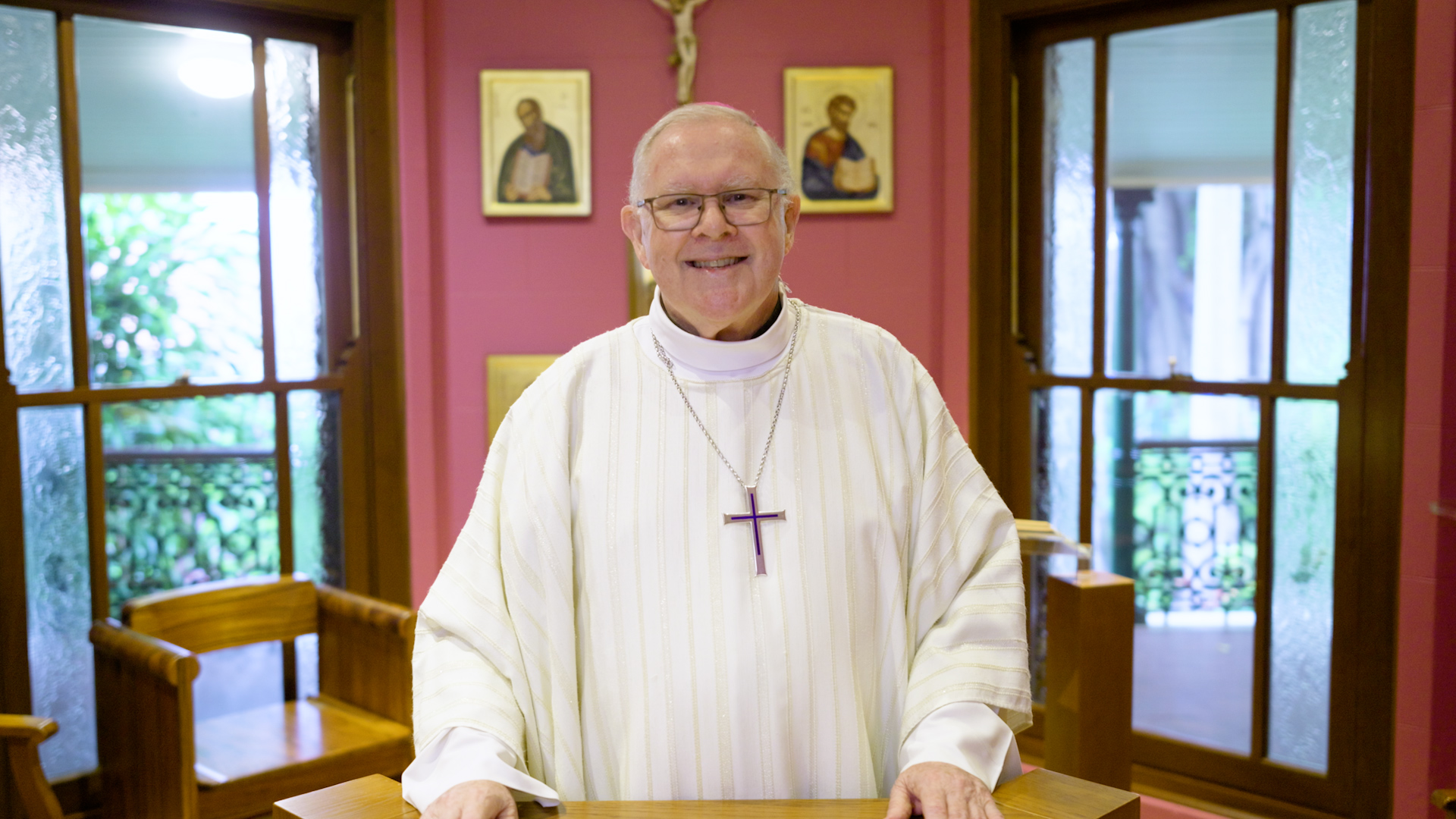The Irish poet William Butler Yeats was at the height of his powers when the Great War began. It was no surprise then that in 1915 he was asked to write a war poem as many others had done. Yeats thought about it and decided to write a poem entitled “On being asked to write a war poem”. It begins like this:
The same might be said of the preacher. Perhaps rather than speak I should simply stand here in silence for a time, as we will do at the end of the service between the Last Post and Reveille. That silence is a potent response reaching into the realm of the unspeakable. It speaks in ways words cannot.
Like the guns that killed them, the dead have fallen silent. Perhaps I should take my cue from them and stand silent on the edge of the unspeakable – as I once did in the war cemeteries of Europe and on the cliffs of Gallipoli, listening in the silence for voices that can’t be heard otherwise, the voices of the dead and of God.
During the Great War, it is said, there were different silences. On the battlefield, hearing and being heard was often a matter of life or death. In the trenches, soldiers would wait for silence, as a sign that they could safely fall asleep after long hours of hearing the explosions of gunfire and the cries of the men. Silence, then, meant rest and peace. Yet silence could also signal a lethal threat. Soldiers learned to use their ears to identify and locate weapons, but that skill was useless when the enemy made no sound.
All was finally quiet on the Western Front at 11am on 11 November 1918, when the guns fell silent, signalling the end of hostilities. In that silence there mingled relief, exhaustion, grief, bewilderment, gratitude, elation, joy.
With the rising tide of blood around the world in our own time there can come a silence that mingles a kind of numbness, a desire to look away, anger at war’s futility, bafflement at its endlessness, grief for the loss of life, especially innocent life.
Yet our silence today goes further as an affirmation of the truth inscribed on the gravestone of the American poet Sylvia Plath who died by her own hand after a brief and tragic life:
The words are taken from the sacred texts of India, but they speak the truth of Easter around which we gather on this Anzac Day. Amidst the fierce flames of war, the golden lotus has been planted; and what was planted in the earth has bloomed against all the odds. Beyond the fierce flames of Calvary Jesus was planted in the earth. But he rose from the dead as the golden lotus that will bloom for ever. In our own time the flames of war have flared again and again, but still the golden bloom rises; and in the silence we hear its song, the song of indestructible life, the song of Easter.
